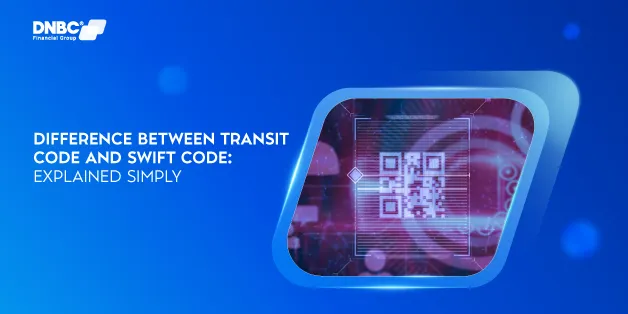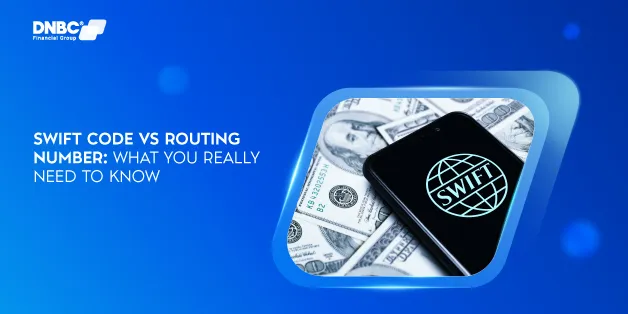- Home
- Blog
- Personal Finance
- What is Remittance Meaning and Why it Matters Globally
What is Remittance Meaning and Why it Matters Globally
Personal Finance
06 June 2023
DNBC Team
This article is a part of DNBCGroup Blog Center
Contact DNBCGroup for the technology news, tips, trends, and updates.
In a world growing increasingly connected, understanding key financial terms like the remittances definition is of utmost importance. Not only does it help in personal financial management, but it also gives a perspective on how our finances impact the global economy. This article aims to demystify the term and highlight the role of remittances in the world.

Definition of Remittances and Remit Payment
At its core, remittances refer to funds that an individual sends to their home country, typically to their families. They usually originate from migrant workers employed in foreign countries. The act of sending these funds is what we refer to as the remit payment. By broadening the definition of remit payment, we see it encompasses not only personal transfers but also payments made for goods and services across borders.
Historical Overview of Remittances
Remittances have been a part of human society for centuries, especially with the advent of global trade and exploration. The remittance definition has evolved, paralleling the change in socioeconomic conditions and technological advancements, broadening beyond the simple definition of remit payment.
Remittances and the Global Economy: Payment Remittance Meaning
Grasping the payment remittance meaning helps understand the critical role remittances play in the global economy. Remittances act as a significant source of foreign exchange for countries and can surpass foreign direct investment (FDI) or official development assistance (ODA) in some instances. They play a vital role in stabilizing economies, especially in developing countries.
Impact of Remittances on Developing Countries
In the context of developing countries, understanding the remittances definition goes beyond the economic implications. Remittances can transform lives, providing financial stability, reducing poverty, and allowing access to better healthcare and education. This influx of money often leads to improved living standards and significant social upliftment.
Remittances and the Household Economy
Examining the payment remittance meaning at the household level reveals its transformative potential. These funds often serve as a lifeline for families, helping them afford necessities and invest in opportunities for growth, such as starting a small business or pursuing higher education.
Challenges and Risks Associated with Remittances
While remittances have many benefits, it's also essential to understand the potential risks and challenges. Issues such as dependency on these funds, exchange rate fluctuations, and transaction costs associated with the remit payment can pose significant challenges to both senders and recipients.
Future Trends in Remittances
Technology plays an increasing role in the remittance industry, with digital platforms revolutionizing the way people make remit payments. This shift toward digitization reduces transaction costs, increases speed and convenience, and extends financial services to underserved communities, promising a bright future for remittances in the global economy.
Conclusion
In conclusion, understanding the remittances definition and its implications, both at the macro and microeconomic levels, provides insight into its significant impact on the global economy. Whether we look at the definition of remit payment or the broader payment remittance meaning, it is clear that remittances are an essential lifeline for millions of individuals worldwide and a major driver of economic growth.
Related Articles:Your Trusted Partner
In your Digital
Journey
Free 1 - on -1 support
Free account opening fees
No hidden fees
Note: The content in this article is for general informative purposes only. You should conduct your own research or ask for specialist advice before making any financial decisions. All information in this article is current as of the date of publication, and DNBC Financial Group reserves the right to modify, add, or remove any information. We don’t provide any express or implied representations, warranties, or guarantees regarding the accuracy, completeness, or currency of the content within this publication.
Related posts

Difference Between Transit Code and SWIFT Code: Explained Simply
01 October 2025

Swift Code vs Routing Number: What You Really Need to Know
01 October 2025

How to Use a Transit Code for Smooth Transfers
01 October 2025

What Happens If Someone Has Your BSB and Account Number?
01 October 2025

Sending Money from Australia to New Zealand: A Complete Guide
01 October 2025